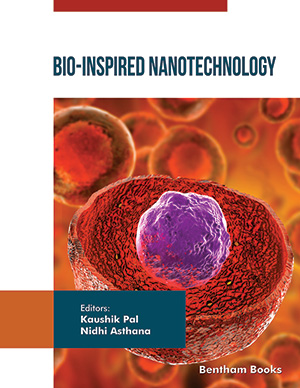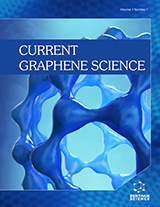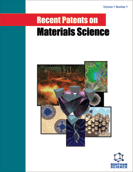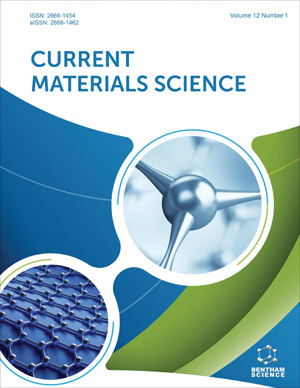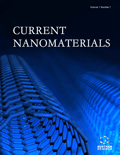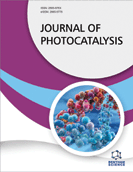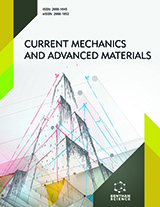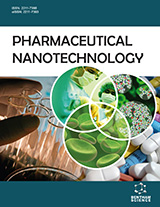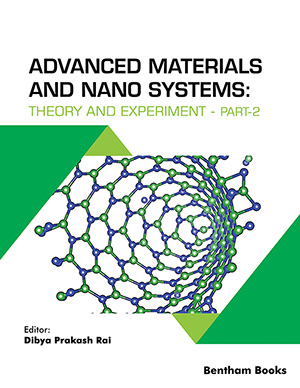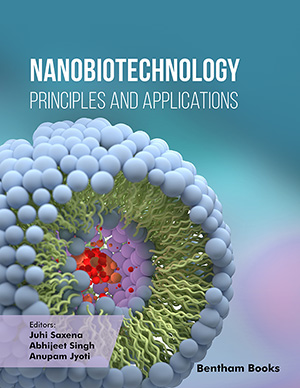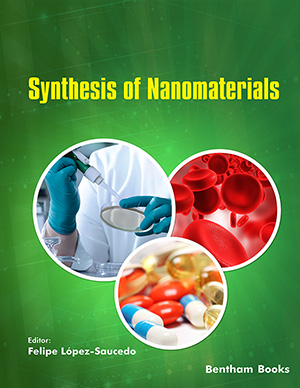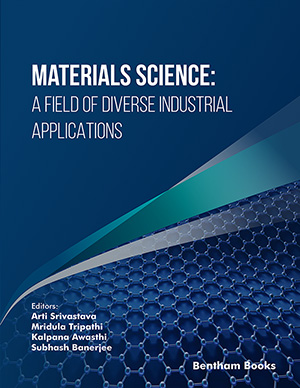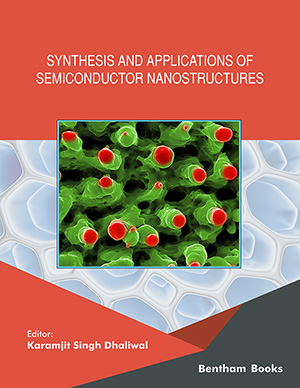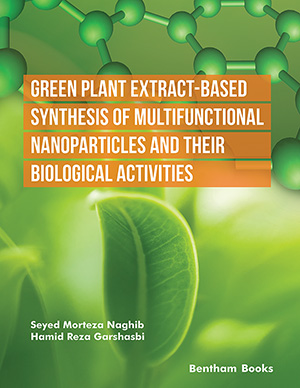Abstract
In recent decades, graphene nanotechnology has emerged as an escalating
field of research owing to the excellent physicochemical properties of graphene.
Graphene, a single layer of carbon atoms arranged in a honeycomb-like structure, has
shown potential utility in multifarious sectors of science and technology such as
energy, biomedical engineering, wastewater treatment, environmental pollution, etc.
Graphene and its composites have been extensively used as electrode materials in
energy storage devices such as Lithium-ion, sodium-ion, and metal-air batteries. In
addition, graphene-based materials have emerged as potential electrodes material for
fuel cells, thereby contributing to a low-carbon economy. Graphene gave a new
dimension to electronic industries by replacing the conventionally used material i.e.,
Silicon (Si) in electronic devices. Moreover, the tunable surface area, functionalization,
hydrophilicity, and strong π- π interaction properties of graphene prove its potential
applications in medical and environmental science and technology. Recently,
graphene-based adsorbents, membranes, and catalysts provide a simple, low-cost, and
efficient water and wastewater treatment method. The materials not only detect but also
remove various pollutants from wastewater even at very low concentrations. However,
due to its extremely small size in devices and components, it is difficult to handle
graphene in real applications. Graphene nanotechnology enables the researcher to
unfold new properties and functions of graphene in the nanoscale realm providing
solutions to unresolved issues related to the health care systems, energy demand, and
environmental pollution. These materials not only enhance efficiency but also cause a
paradigm shift in many applications. This book chapter sheds light on the earlier
investigations, current progress, and future perspective of graphene-based
nanotechnology.
Keywords: Air pollution, Energy, Graphene, Nanotechnology, Water treatment.


